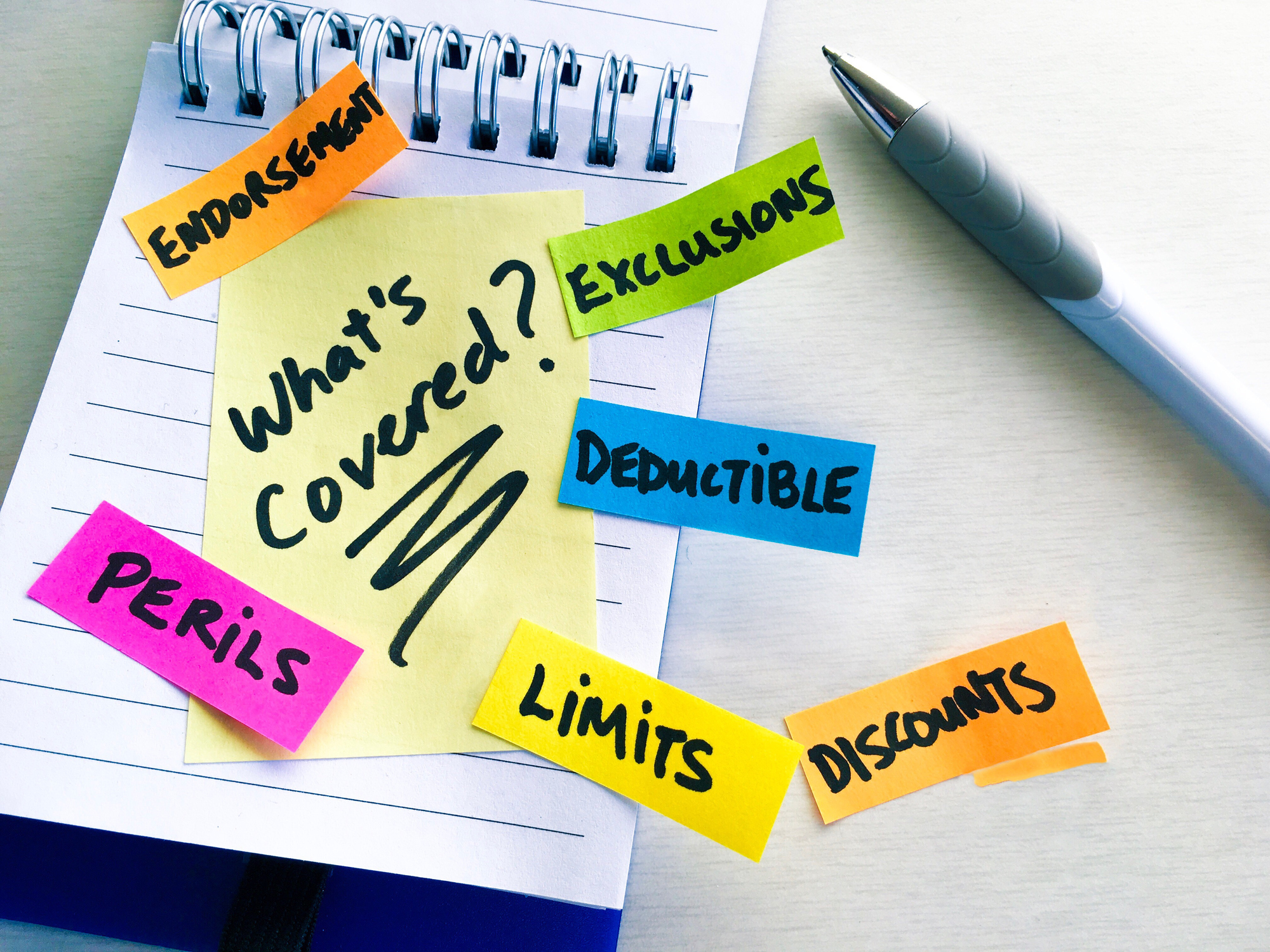Do you need renters insurance? Probably, but not because the law requires it. Renters insurance often feels like one of those optional extras, especially when you’re focused on putting together your deposit, moving in, and settling down. But skipping it can leave you vulnerable to losses and expenses that you may not be prepared to cover out of your pocket.
From damaged furniture to unexpected hotel stays after your home suffers damage, the right policy can protect more than just your stuff. It also protects your peace of mind. The best cheap renters insurance providers make getting a policy an affordable and simple way to protect yourself and your belongings.
So, do you need renters insurance? We’re taking a look at the top 10 consumer questions about renters insurance to help you decide with confidence.
1. Why Get Renters Insurance?
Renters insurance protects you from unexpected events that could otherwise leave you financially exposed. While your landlord’s insurance covers the building, it won’t help you replace your personal belongings or deal with temporary housing if your apartment becomes unlivable, suffers damage, or is stolen. Renters insurance protects your property, not your landlord’s, and often at a surprisingly low cost.
It also helps shield you from liability if someone gets injured in your home or if you accidentally cause damage to someone else’s property.
2. What Are the Benefits of Renters Insurance?
Renters insurance offers several practical and financial protections. Some of the most common benefits include:
- Coverage for personal property, including electronics, clothing, and furniture
- Protection from water damage caused by certain types of leaks or plumbing failures
- Reimbursement for additional living expenses, like staying in a hotel, if your apartment becomes uninhabitable
- Liability coverage in case someone gets injured while visiting your home
- Limited coverage for medical expenses if someone else is hurt on your property
3. Why Is Renters Insurance Important?
Having renters insurance means you’re not left on your own to pay for major setbacks, such as burglary, accidental damage, or damage that happens as a result of an incident where the landlord’s home insurance policy will cover their losses, but not yours. Here’s why it matters:
- Insurance protects your financial stability in case of theft, fire, or damage
- Your personal belongings may be more valuable than you realize
- Homeowners insurance does not cover renters. Meaning, your landlord’s policy doesn’t cover your stuff
- Policies typically cover a wide range of risks at a low monthly cost
- It gives you peace of mind by knowing that you’re protected when something unexpected happens
4. What Happens If You Don’t Have It?
Choosing not to get renters insurance can lead to serious financial consequences. Here are a few risks you take by choosing not to have a policy.
- Paying out of pocket to replace everything after a theft or fire
- No reimbursement for additional living expenses, like staying in a hotel
- Full responsibility for medical bills or property damage if you’re liable for damages
- You rely solely on your landlord’s home insurance coverage, which doesn’t cover your stuff.
5. Is It Required?
Renters insurance is not legally required at the federal or state level. However, it’s still not always optional, and it depends on your lease agreement. Many property management companies and individual landlords now require tenants to carry a renters insurance policy as a condition of the lease.
6. Can Your Landlord Make You Get Renters Insurance?
Landlords or property managers can require you to obtain renters insurance as part of your lease agreement. This requirement is often in place to reduce the property owner’s liability and to help you protect your own belongings and risks.
According to the Office of Financial Readiness (FINRED), “If you are a homeowner renting out your property, you can require your tenants to carry a renters insurance policy to reduce your own liability should damages occur.”
7. Do You Need Insurance Before Moving In?
Most landlords who require renters insurance will want to see proof of your policy before you move in. However, even if your landlord doesn’t require it, having coverage in place as soon as you take possession of the apartment helps ensure that your personal property is protected from the start. Starting a policy is easy and usually takes just a few minutes online.
8. Do All Apartments Require It?
Not all apartments require renters insurance, but the practice is becoming more common. Newer complexes and professionally managed buildings often include this as part of their lease agreements.
9. What Do You Need It?
Getting renters insurance is simple, but it helps to gather a few details before requesting a quote. You’ll typically need:
- The address of your rental unit
- An estimate of the value of your personal belongings
- Any relevant safety features in the home you’re renting
- Your desired liability coverage and deductible levels
- The date you want coverage to begin
10. What are the Best Renters Insurance Companies?
Top-rated affordable renters insurance companies include Amica, State Farm, USAA (for military families), Erie, and Lemonade. Each of these companies offers highly competitive prices, strong customer service, and reliable coverage options. Each of them appears on our overview of the best cheap renters insurance companies. Your best choice depends on your location, eligibility, and coverage needs.


